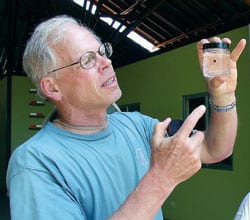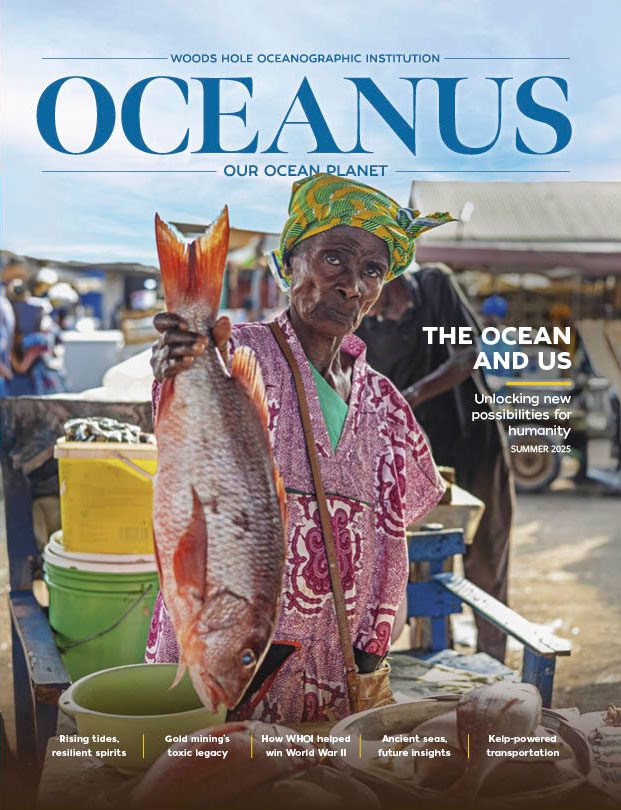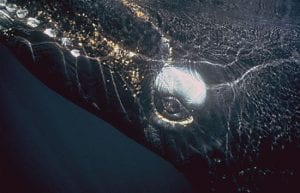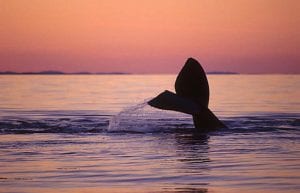Laurence P. Madin

Laurence Madin, a transplanted fourth-generation Californian, makes his home in Massachusetts studying gelatinous animals such as medusae, siphonophores, ctenophores, and pelagic tunicates. Growing up in the San Francisco Bay Area, he developed an appreciation for the natural world and the sea. He received an A.B. degree from the University of California, Berkeley, and a Ph.D. in zoology from UC Davis, having spent some of graduate school on a Bahamian island, helping pioneer the use of scuba diving to study plankton. Since coming to WHOI in 1974, he has also used submersibles and remotely operated vehicles to explore strange jelly creatures in deep water.
Current projects include dynamics of salp blooms in the Atlantic and Antarctica; predation on larval fishes on Georges Bank; biogeography of plankton and fishes in the open ocean and deep sea; and developing new gizmos for sampling and exploration. Formerly chair of the Biology Department, Madin is the current director of the Ocean Life Institute, which has broadened his interests into tropical ecology, endangered whales, conservation biology, and policy. He still enjoys diving (even in Antarctica), photographing, and playing with plankton.


